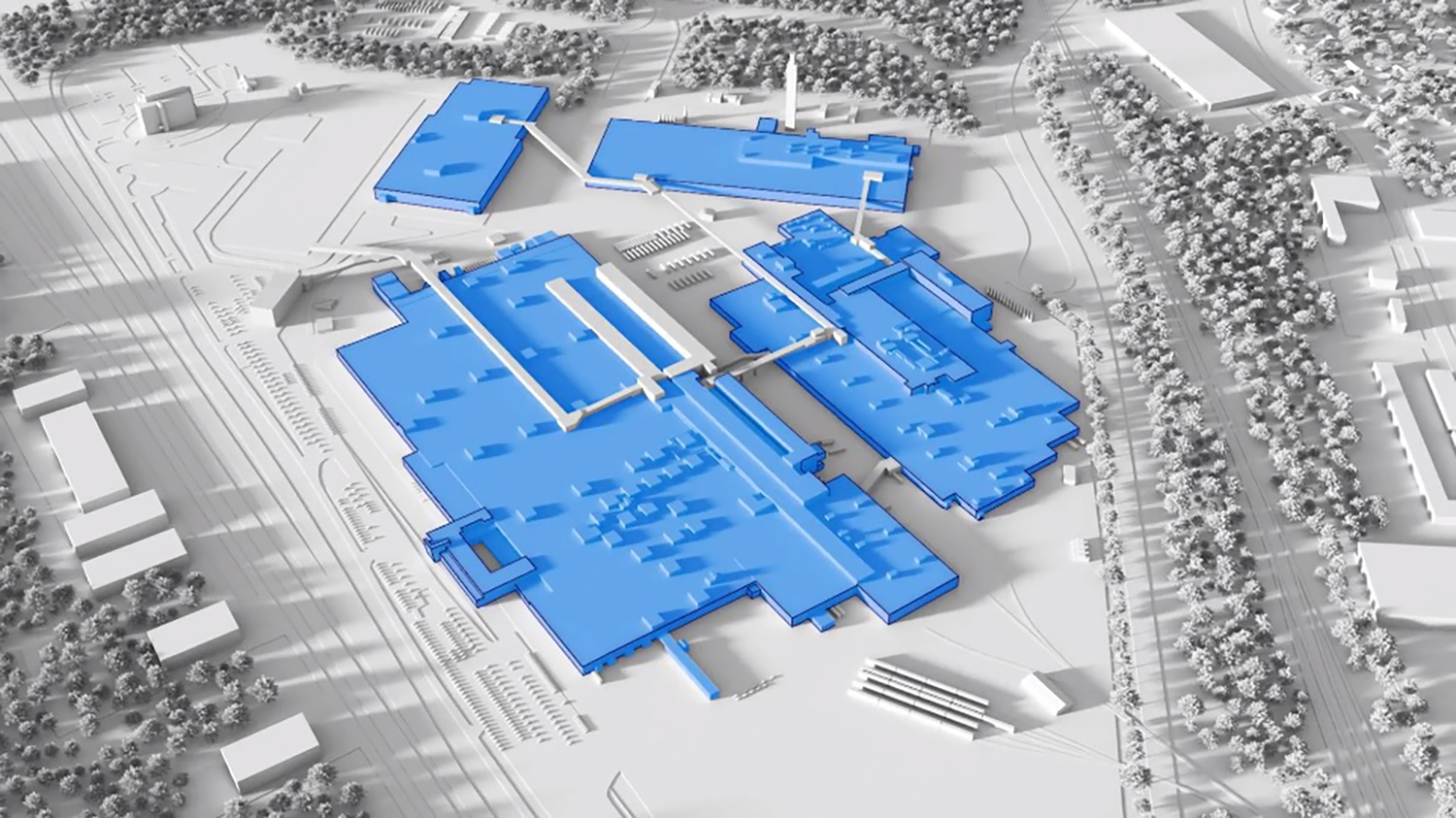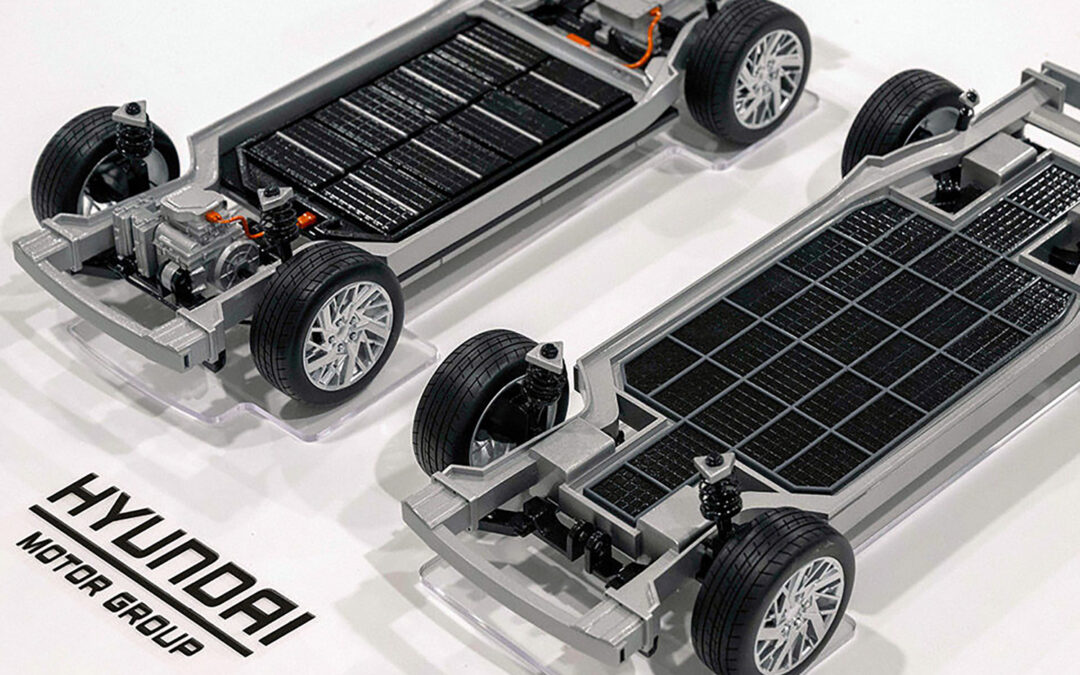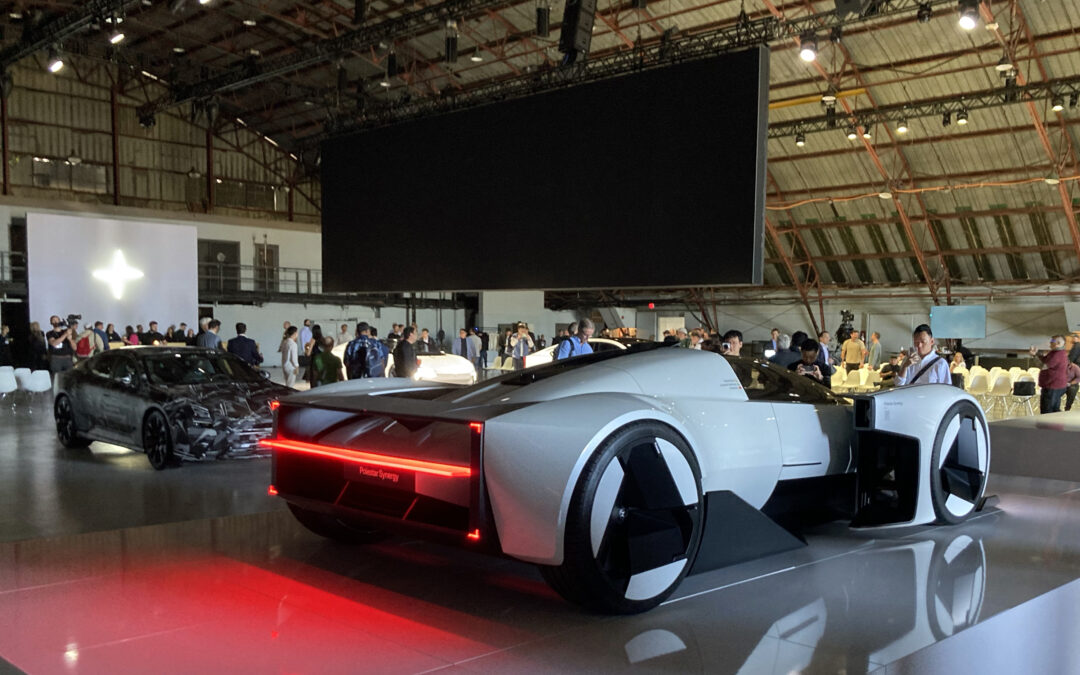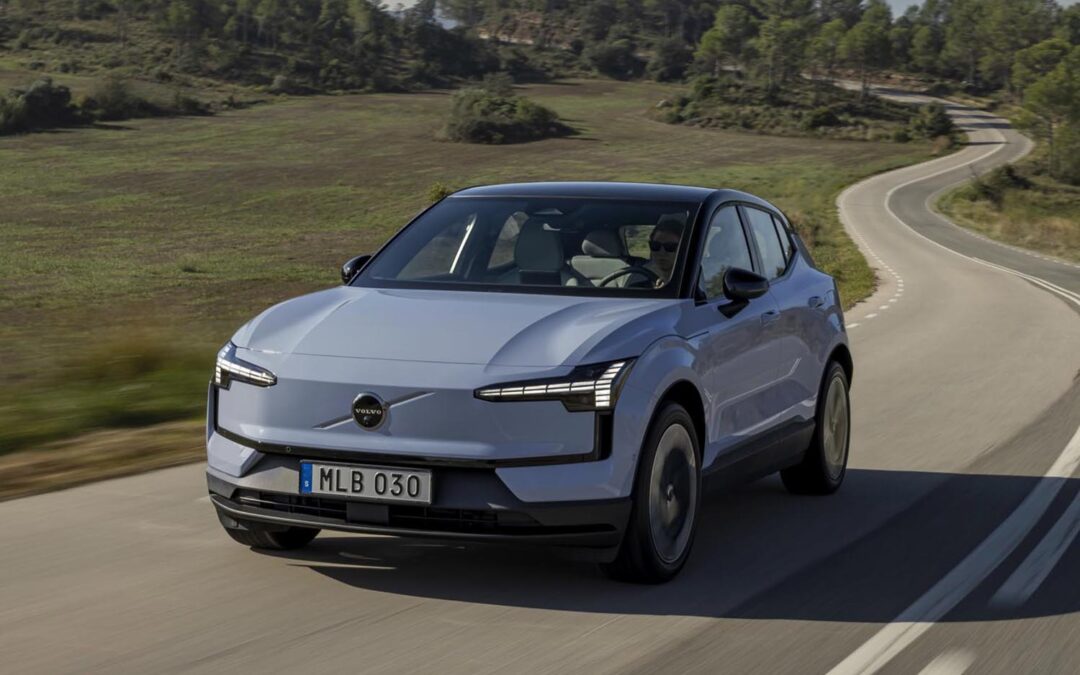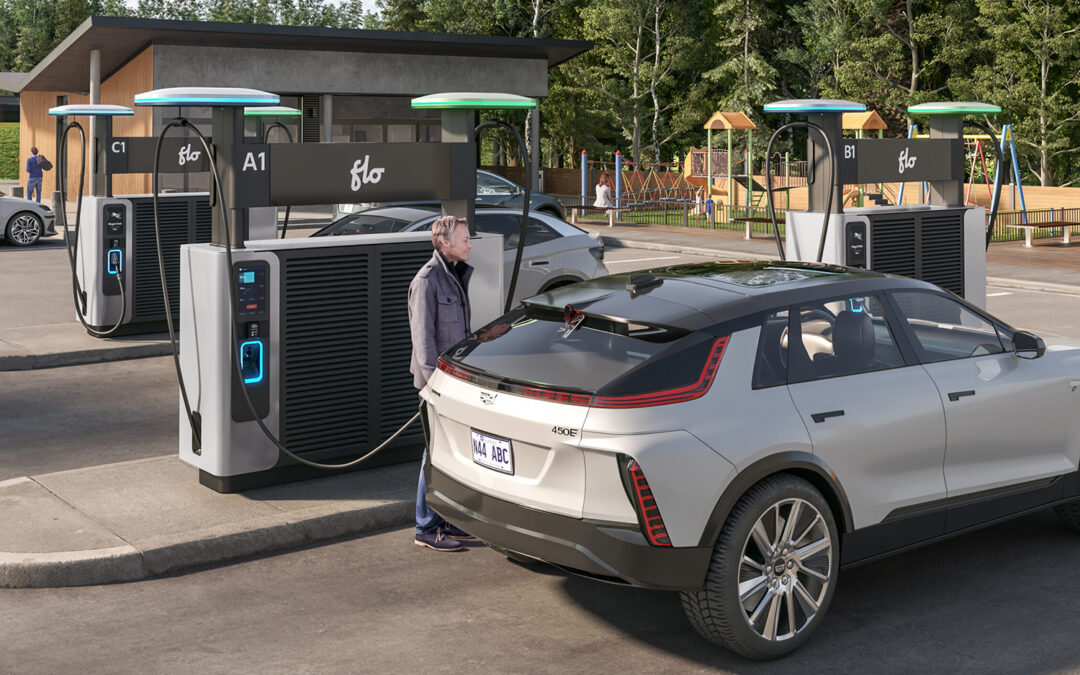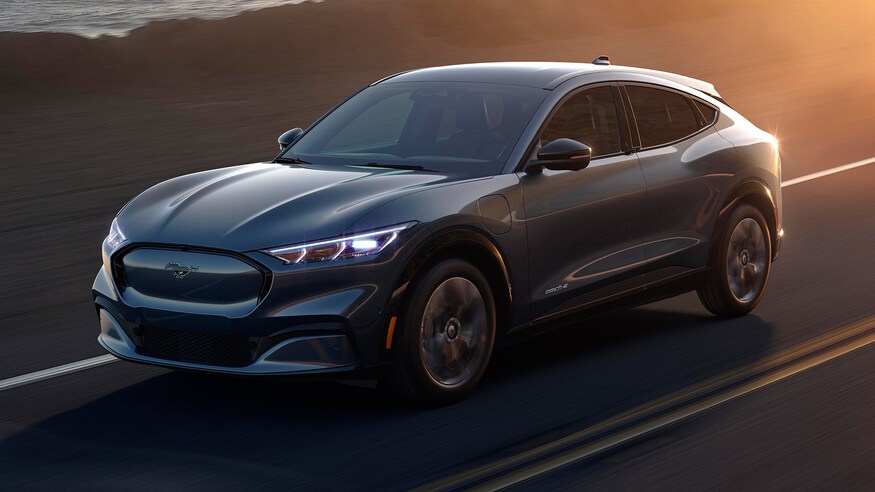Ford Canada has announced its Oakville plant in Ontario will be retooled into a Canadian hub for electric vehicle and battery assembly, with the production of its “next-generation electric vehicles” slated to begin in 2025.
As previously announced in 2020, up to $1.8 billion has been earmarked to transform Ford’s Oakville Assembly Complex, which will be renamed the ‘Oakville Electric Vehicle Complex,’ specifically to produce electric vehicles from 2025 onwards. Refurbishments will begin in the second quarter of 2024.
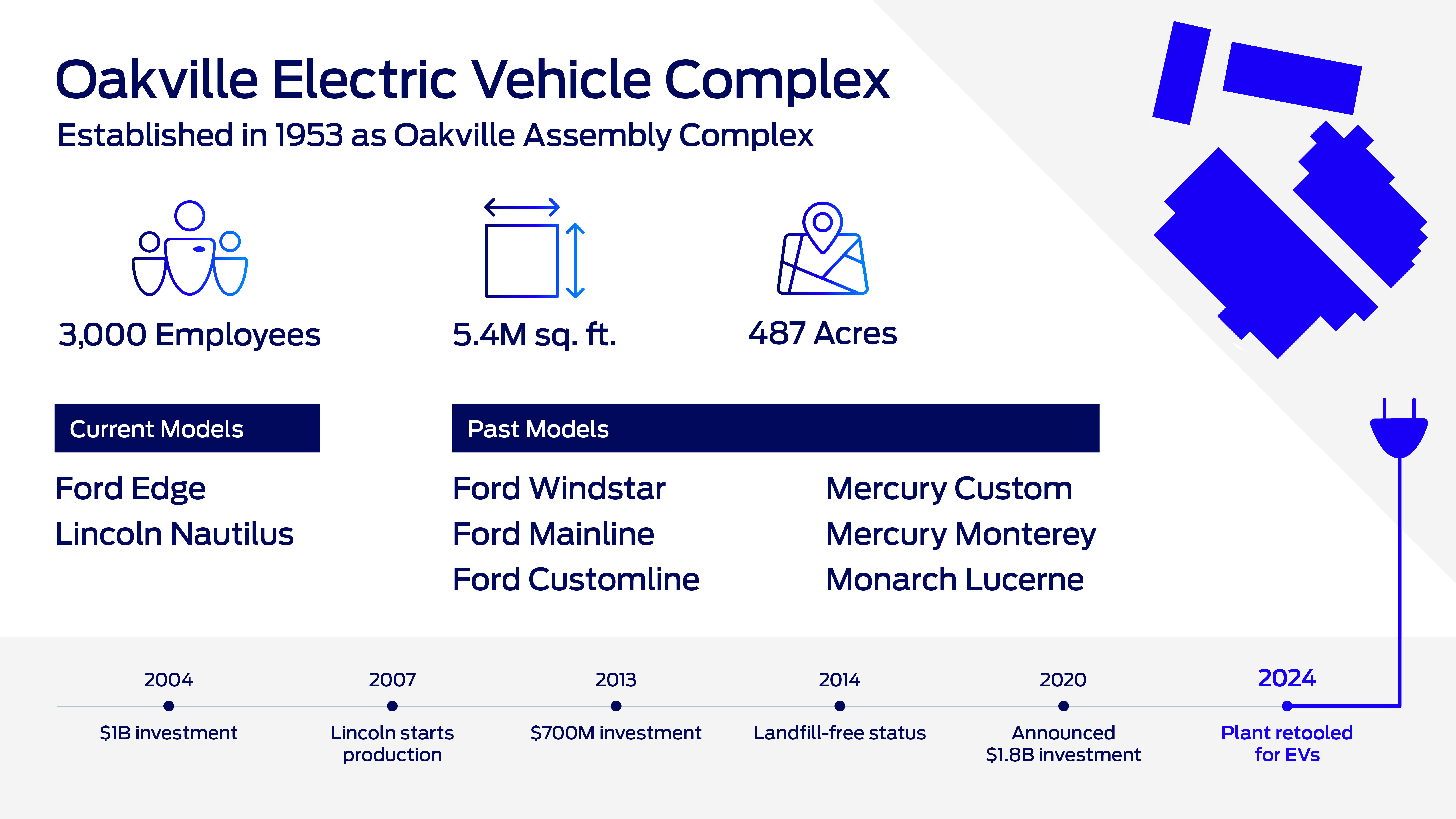
Ford’s Oakville Electric Vehicle Complex will begin to retool and modernize in the second quarter of 2024 to prepare for production of next-generation EVs. This marks the first time a full-line automaker has announced plans to produce passenger EVs in Canada for the North American market.
Ford is hoping the retooled Oakville plant will become an EV hub for millions of potential customers in North America, a move that could prove crucial to the Blue Oval’s plans to reach a global, production rate of two million EVs annually by 2026.
“Canada and the Oakville complex will play a vital role in our Ford+ transformation,” president and CEO Jim Farley explains. “It will be a modern, super-efficient, vertically integrated site for battery and vehicle assembly. I’m most excited for the world to see the incredible next-generation electric and fully digitally connected vehicles produced in Oakville.”
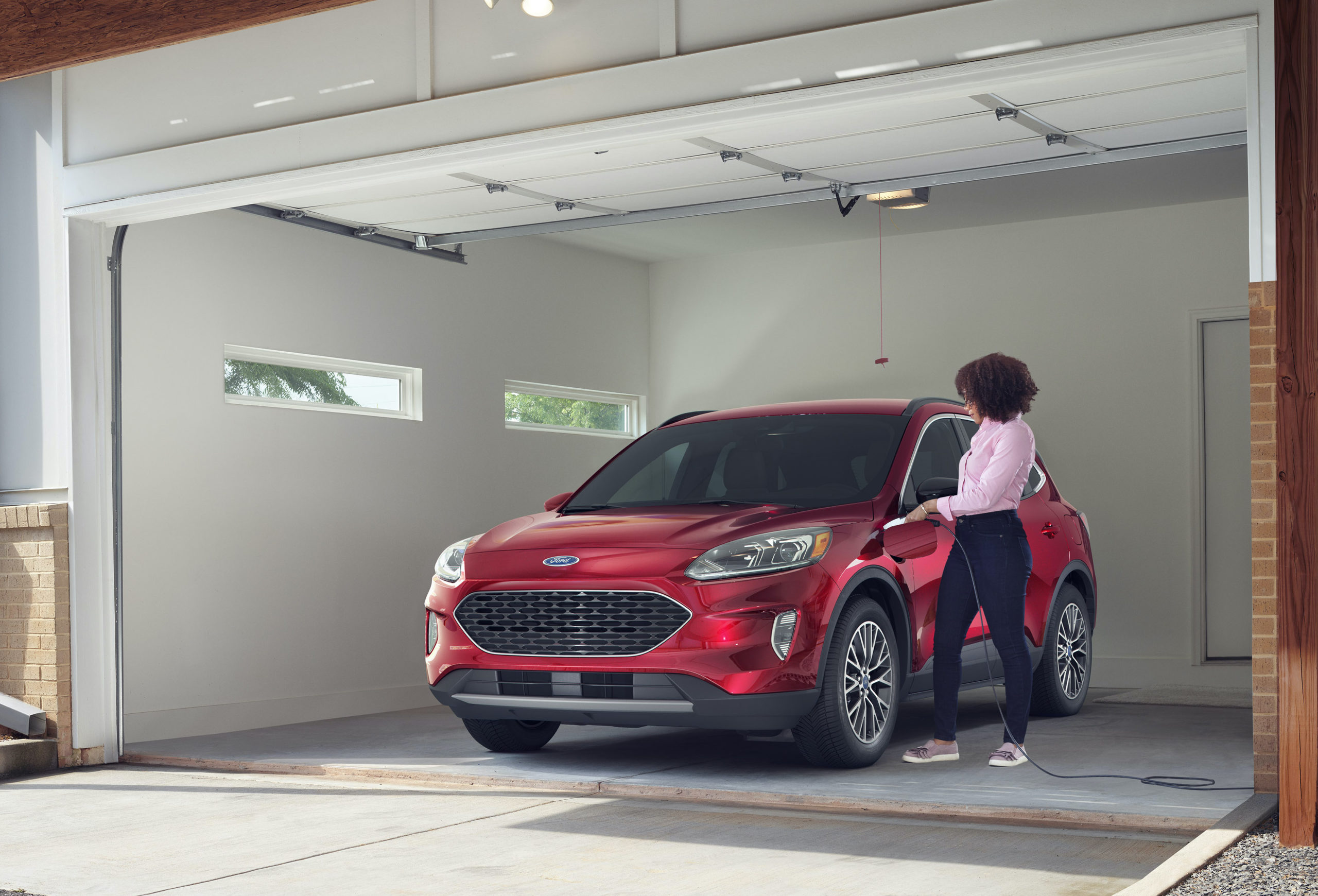
2020 Ford Escape Plug-In Hybrid
Though Ford Canada has not specified which “next generation” EVs will be produced at Oakville, the current complex, which opened in 1953, is currently home to the Ford Edge and Lincoln Nautilus, suggesting model-year variants of the Ford Escape EV, due to arrive in 2024, could be among the key models.
The 487-acre Oakville complex currently boasts three body shops, a paint building and an assembly building, each of which will receive updates. A large chunk of the $1.8 billion investment will also go towards a new, 407,000 square-foot on-site battery pack assembly plant, using cells and models sourced from Ford’s Kentucky facility. Again though, a targeted production capacity has not been outlined, and it’s not specifically mentioned whether battery packs assembled on-site will be exclusively for Oakville assembled vehicles.
In an interesting turn of phrase, Ford claims the company will become “the first full-line automaker committed to producing passenger EVs in Canada for the North American market.” This does seem to ignore Stellantis’ announcement last June that its Windsor Assembly Plant in Ontario would also produce EVs in Canada once the necessary retooling starts later this year.
Ford’s Oakville announcement though is the company’s latest development in North America as the conglomerate looks to increase its EV yield. A new “EV manufacturing ecosystem” in Tennessee, for example, called ‘BlueOval City,’ will be the home to a new battery plant and the new ‘Project T’ electric pickup truck from 2025 onwards.
